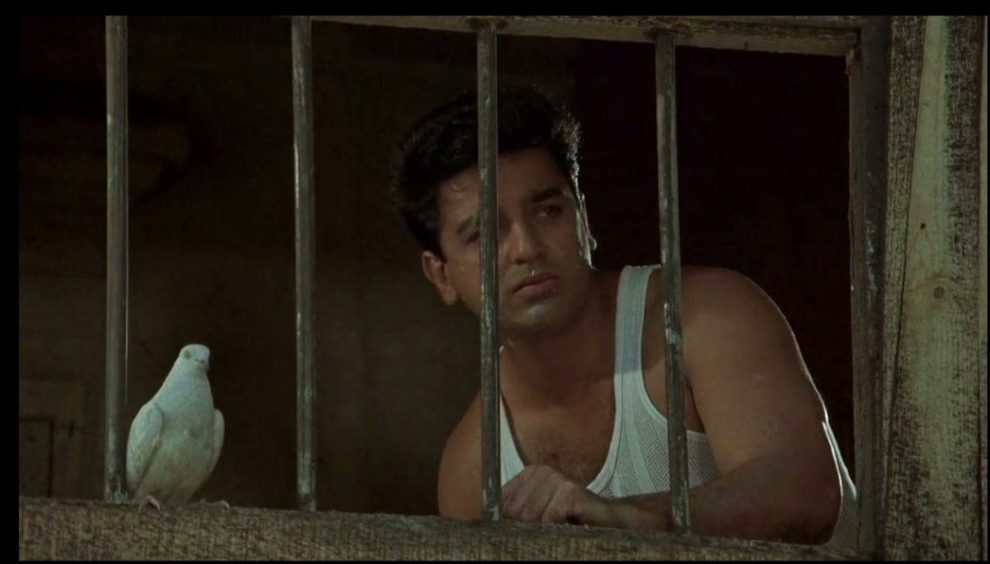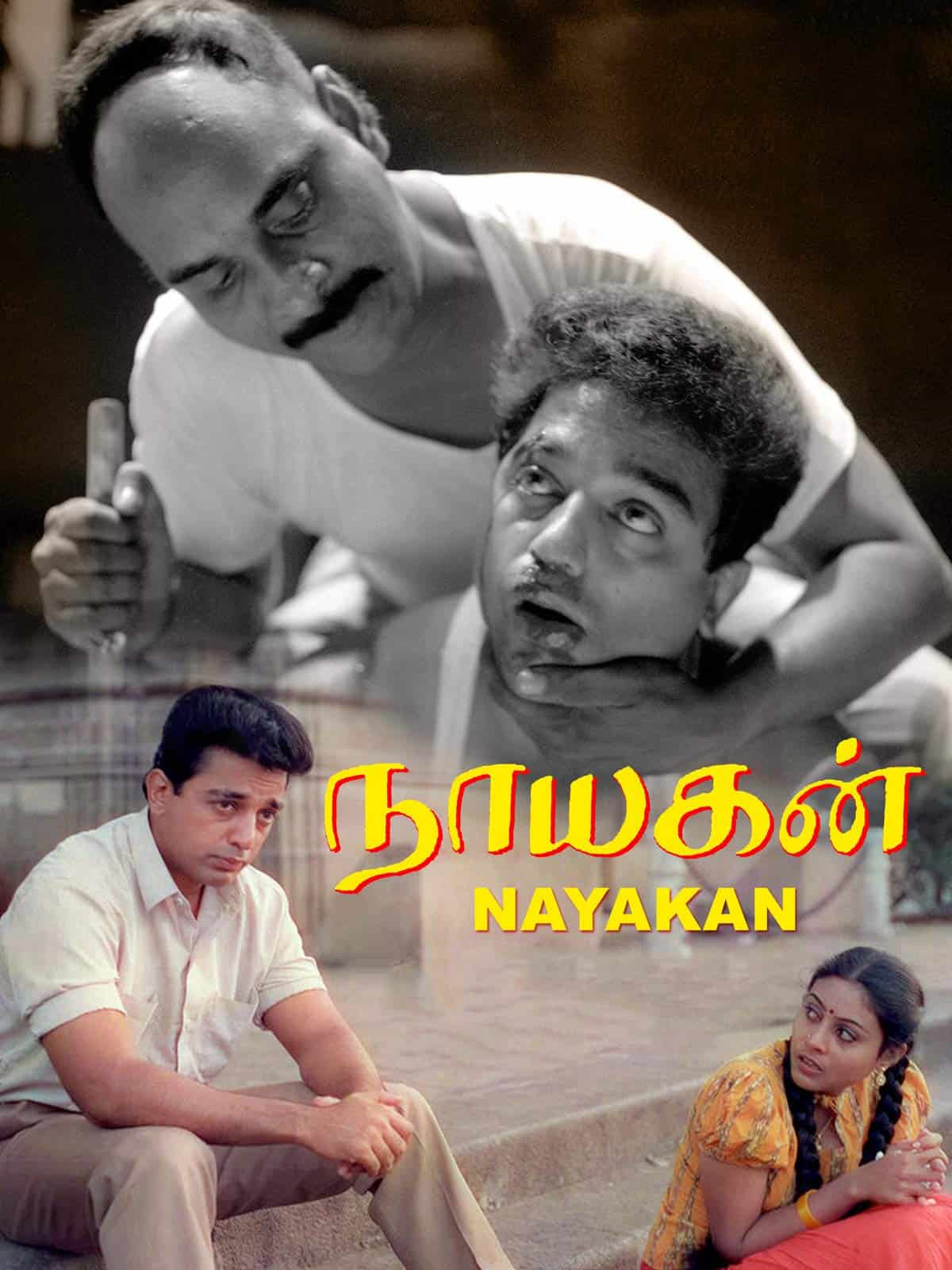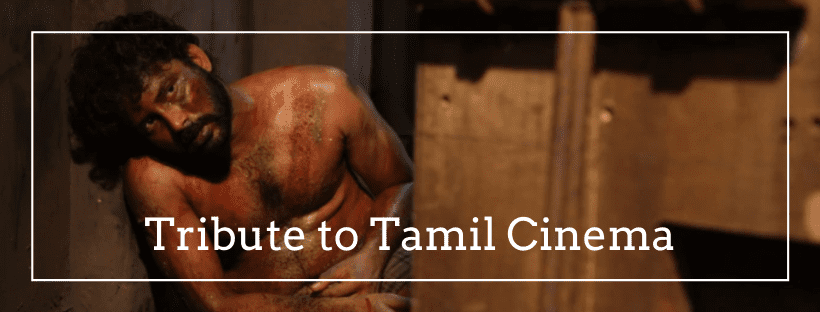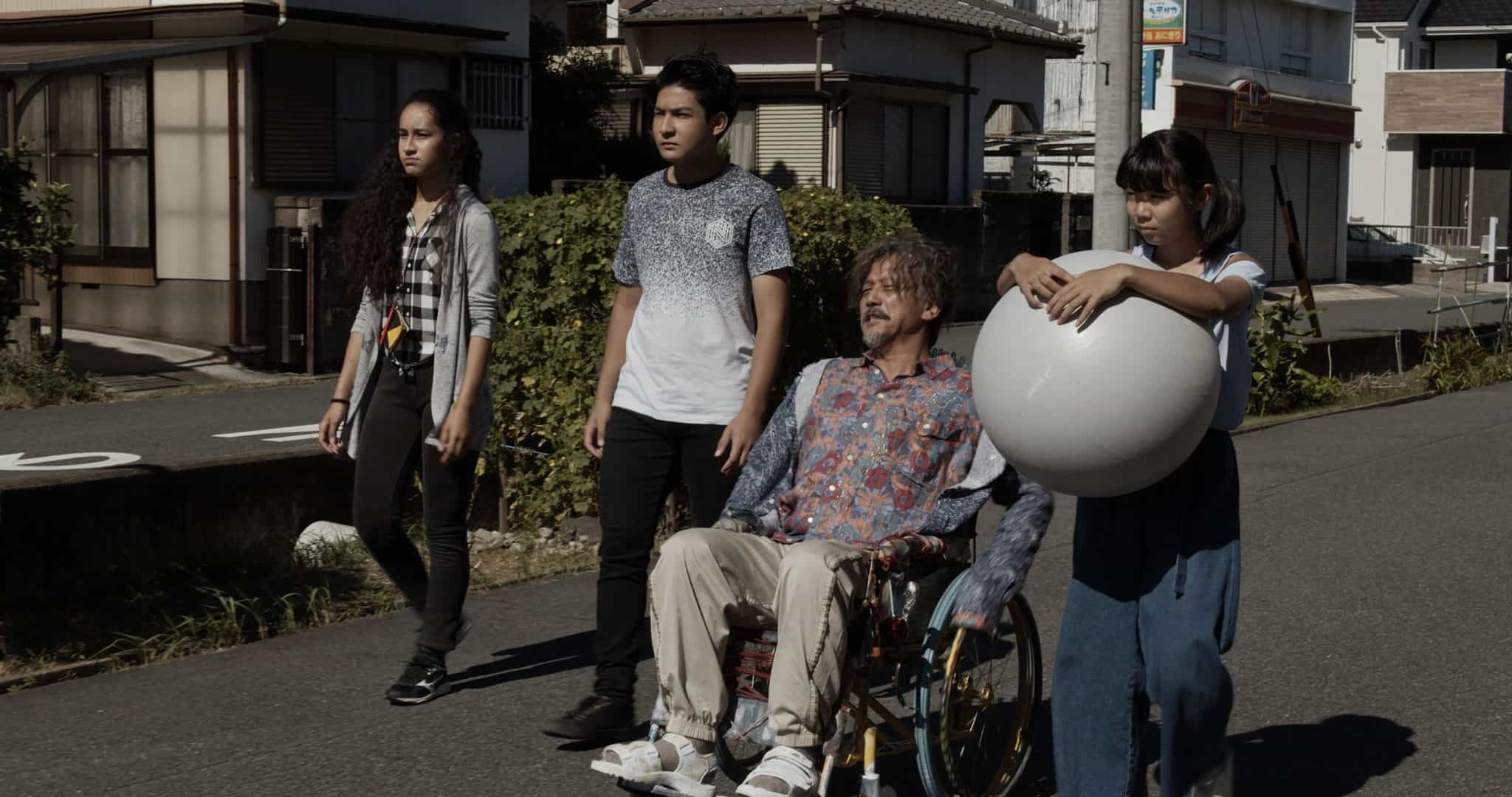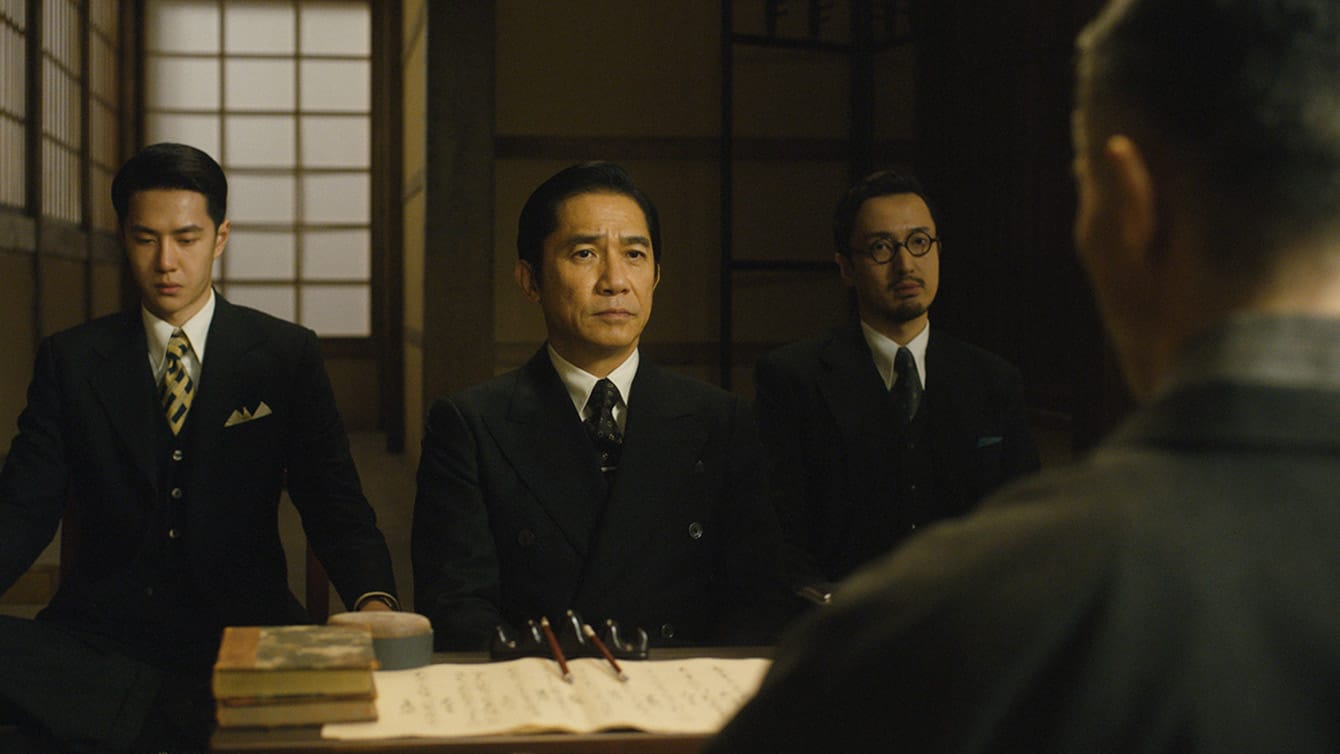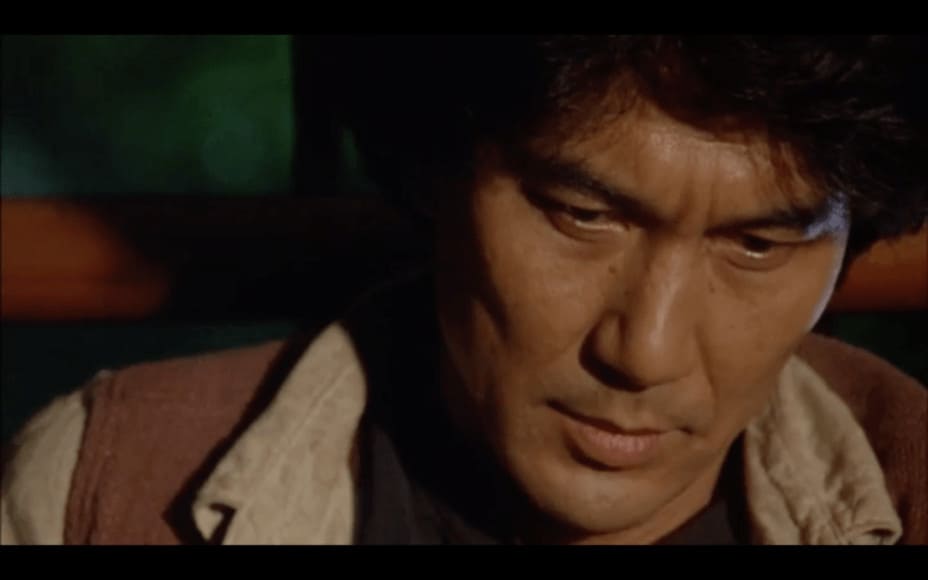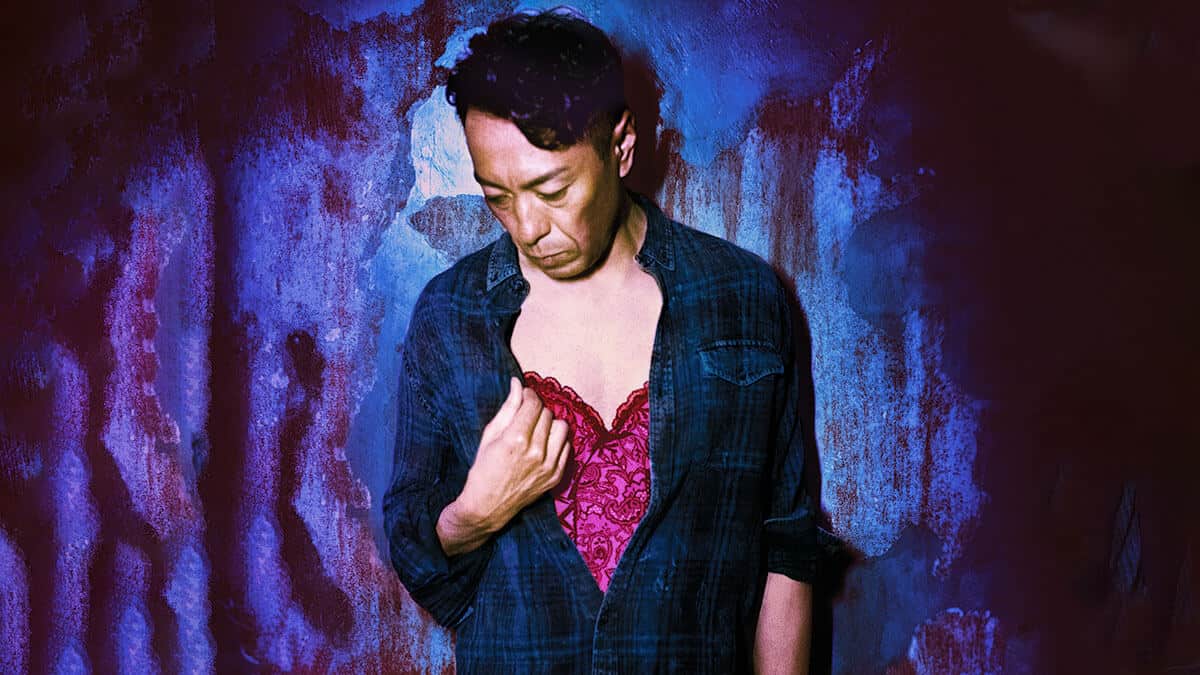Included in TIME's “All-Time 100 Best Films”, and CNN-News18's “100 greatest Indian films of all time, “Nayakan” was also a critical and commercial success, running for over 175 days in theaters. Based loosely on the life of the Bombay underworld don Varadarajan Mudaliar and the American film “The Godfather”, this is definitely among the best movies ever to come out of the Tamil movie industry.
Highlighting how his interactions with the police shaped him as a person, the movie begins with anti-government union leader's only son Sakthivel “Velu” arrested by the police and beaten in order to reveal his father's whereabouts. Eventually, they trick him into meeting his father, where the policemen kill him. Feeling betrayed, Sakthivel stabs the police inspector and runs away to Bombay, where he is raised by Hussain, a kind-hearted smuggler living in the Dharavi slums. Hussain instills his kind-heartedness to the boy along with the constant will to help others, but when the boy becomes a young man, although shaped by his father's virtues, is quite ambitious, which soon results in him taking up the smuggling business. His progress, his resolve and his courage start having great results, but his demands for bigger commissions anger his “associates”, who end up involving police inspector Kelkar to arrest Hussain and kill him in jail, with the murder being written off as suicide. An enraged Vely soon kills the dirty cop, a deed that makes him rather popular in the Tamil community in the slums of Dharavi, whose members were always pinned down by the police and the ruling castes of the city. His deed however, also reveals to him the consequences of murder, as he soon meets Kelkar's family, which consists of his wife and a mentally challenged son Ajit, whom Vely decides to take care.
As time passes, Velu meets Neela, whom he eventually marries and has two children with, while his power and command grows significantly, always with the help of his dedicated friend, Selva. The tragedies in his life, though, seem to increase along with his power, and his happiness is always followed by intense sadness.
In our recent tribute to Tamil cinema, the most significant issues emerging from the particular industry can be summarized in these three: Rather long duration, usually more than 2.5 hours, which is occasionally prolonged by unnecessary music video sequences, and a tendency to over-dramatize or over-comedicize situations. Mani Ratnam, however, manages to avoid all these reefs. For starters, the story is exquisite, with him excellently adapting the main premises of “The Godfather” (the second movie in the trilogy in particular) in the setting of Bombay, coming up with a true crime epic that retains interest from beginning to end, despite its 145 minutes. Furthermore, the music video scenes here are organically placed within the narrative, adding to the story, while also functioning as a great transition for the many fast-forwards in the life of Velu, with the tomato-fight one being a testament to the fact. Lastly, although the film is dramatic in its base, with the tragedies that follow Velu coming one after the other, Ratnam's steady hand does not allow the narrative to become melodramatic, with the calamities also being an organic part of the story.
Furthermore, through the story, Ratnam manages to present a series of social comments, with the corruption of the authorities, the life in the slums of Dharavi, and the hardships Tamil people faced through the years (the scene with the baby in the hospital is indicative) being excellently portrayed. Granted, some excessiveness does exist in the script, but in general, and considering the time of the movie, this issue is essentially lost in the overall artistry.
Also of note is the role women play in the movie, which, although on a second level when compared to men, is still quite significant, particularly in the way Valu faces one of his biggest challenges in the face of his daughter, with Karthika giving probably the best secondary performance as Charumathi. The same applies to the old lady in the aftermath of the murder scene, who is the protagonist of one of the most memorable scenes in the movie, which is also one that highlights Ratnam's knack of directing many people simultaneously on screen. .
The overall setting benefits the most by the combination of P. C. Sreeram's cinematography and Thota Tharani's art direction, with their efforts resulting in a series of visually impressive scenes, that also highlight the different settings and the passing of the years, with artistry and realism. The National Awards they both received in 1987 were more than justified. Furthermore, the many and occasionally quite violent scenes of the movie benefit the most by their effort, but also by the excellent editing of B. Lenin and V.T. Vijayan, that also results in a relatively fast pace that suits the aesthetics of the movie fully, while the different elements of the narrative (calm and tense moments, music video sequences etc) are excellently placed.
The third national award for the movie went to Kamal Haasan who gives an astonishing performance as Velu, being equally convincing as a poor man, a Don, a criminal, a father, a powerful and a sad man. Mani Ratnma anchored the film on him, and he responded in the most excellent fashion, in a truly memorable effort in a rather difficult role.
Not much more to say, “Nayakan” is an excellent movie that time does not seem to have dulled in any way, and a testament to the quality of the Tamil movies.


